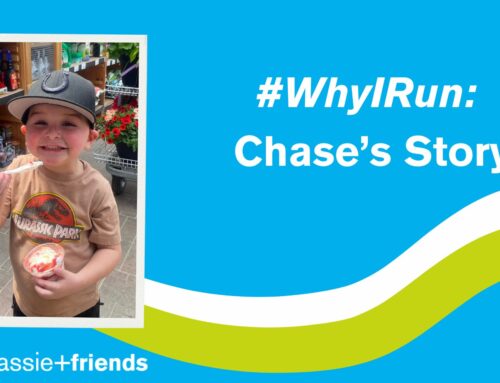
My name is Matthew Sholdice. I am 19 years old, and I was diagnosed with rheumatoid arthritis when I was 3 years old. I’ll start with a little bit about myself. I was born and raised in London, Ontario. I enjoy reading, working out, and watching TV and anime. Stranger Things season 4 was soooo good, and One Piece is amazing! I have played hockey, soccer, and volleyball, and now I exercise and do karate to keep my joints healthy. I just finished my first year of university at McMaster University and experienced living on my own for the first time.
My journey with arthritis started when I was learning how to skate. When I got off the ice, my dad noticed that my left knee swelled to the size of a grapefruit. Soon after, my family took me to Sick Kids Hospital in Toronto to be checked, and then I was diagnosed by the rheumatologist there. Throughout the years, arthritis has affected my jaw, neck, knees, and ankles. Currently, I am recovering from an arthroscopy I had two weeks ago because the cartilage in my left ankle has been deteriorating over time. This causes pain whenever I walk or put weight on my ankle.
Being diagnosed with arthritis changed my life forever. I believe for the better. Arthritis has taught me many things throughout my life and has inspired me to do things I never thought were possible. Arthritis taught me from a young age how to overcome adversity, that it’s okay to stand out, and how to turn what could be seen as weaknesses into strengths.
Sports & Juvenile Arthritis
One challenge I faced while growing up was explaining why I sometimes could not participate in sports or physical activity to friends, teachers, teammates, and coaches. It was hard for them to understand why I needed to take more breaks or weeks off to heal, even though I looked perfectly fine. I found it very isolating sitting out watching my friends and teammates play and look at me confused as to why I was sitting out. I overcame this by talking to my coaches about creating new positions on the team that would accommodate my condition. A great example is from my high school volleyball team. Whenever I was in a flare, I would take on the role of stats analysis. I would record my teammates’ hits and passes and whether they were successful or not. Creating a position where I was contributing something meaningful significantly improved how isolating being unable to play felt.
Transitioning to Adult Care
 One big thing that arthritis taught me was how to be responsible. As you get closer 18, a lot of the responsibilities are passed down from your parents to you because you are about to transition into adult care. There are many aspects of transitioning to adult care, such as learning to advocate for yourself, remembering to take your medications, making more decisions, and much more. It can be very overwhelming, so here are a few tips that helped me throughout the process.
One big thing that arthritis taught me was how to be responsible. As you get closer 18, a lot of the responsibilities are passed down from your parents to you because you are about to transition into adult care. There are many aspects of transitioning to adult care, such as learning to advocate for yourself, remembering to take your medications, making more decisions, and much more. It can be very overwhelming, so here are a few tips that helped me throughout the process.
- The sooner the better, and take baby steps. I suggest starting by answering your doctor’s questions instead of your parents and before each appointment, write down questions or concerns that you want to ask your doctor.
- Start putting dates down on a calendar or reminders in your phone to remember the days you take each medication.
- Remember that making mistakes is okay. I have been in adult care for a year and a half and still make plenty of mistakes. The important thing is improving and figuring out how to avoid making them again.
I hope that my story can help you in some way with your journey with arthritis.
Thank you for reading my story.









Thank you.
Young grandson age 8, just diagnosis of JIA,
Plays hockey – wanted to be a hockey player since he was little.
It’s hard – he’s new to the biological shots and lots of different therapy ahead . Thanks for your story. I will read it to him
Thank you.
Young grandson age 8, just diagnosis of JIA,
Plays hockey – wanted to be a hockey player since he was little.
It’s hard – he’s new to the biological shots and lots of different therapy ahead . Thanks for your story. I will read it to him